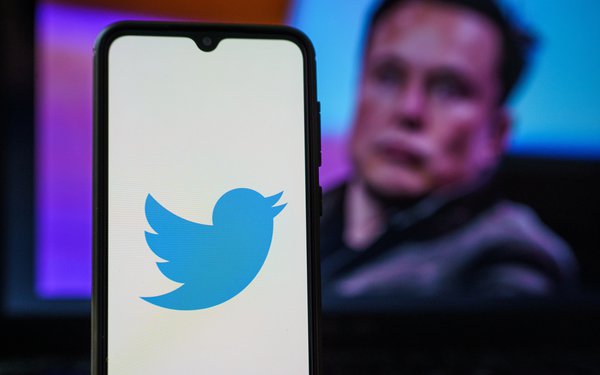
Two of the Federal Communications Commission's four
current members have said they won't interfere with Tesla CEO Elon Musk's planned $44 billion purchase of Twitter.
“The FCC cannot, and should not, block this sale,”
Nathan Simington, a Republican, stated this week.
“We should instead applaud Mr. Musk for doing something about a serious problem that government has so far failed to address,”
Simington added, obviously referring to reports that Musk plans to revise Twitter's content-moderation policies.
“I encourage my colleagues across the government to investigate the
market failures and perverse incentives that caused big tech companies to standardize around censorious and slanted content policies in the first place,” Simington added.
Two years ago,
when he served as a senior adviser at the Commerce Department's National Telecommunications and Information Administration, he helped write the agency's petition to the FCC for rules that -- had they
been enacted -- could have discouraged tech companies from suppressing users' posts.
advertisement
advertisement
Musk has suggested that Twitter currently suppresses too much speech.
But despite his complaints
about the company, it's not clear how Musk would revise Twitter's policies. He reportedly said that if
he took over, the would not necessarily "promote" especially controversial tweets, and that he doesn't have “all the answers.”
Commissioner Brendan Carr also stated several
days ago that the agency lacks authority to prevent the purchase.
“To suggest otherwise is absurd,” Carr, a Republican, added.
The officials' comments came in response to
advocacy group Open Markets Institute's call for the FCC, Federal Trade Commission and Justice Department to block the acquisition.
“The most obvious problem is that the deal would give
to a single man -- one who already wields immense political and economic power -- direct control over one of world’s most important platforms for public communications and debate,” the
organization's director, Barry Lynn, stated last week.
He added that Musk already owns the the satellite system Starlink, and that the federal government has previously attempted to prevent
mergers between “essential” platforms.
“This means that just as we would now expect the U.S. government to block a takeover of Twitter by Google, Facebook, Comcast, or
Verizon, the same rules apply to the owners of Starlink,” he stated.